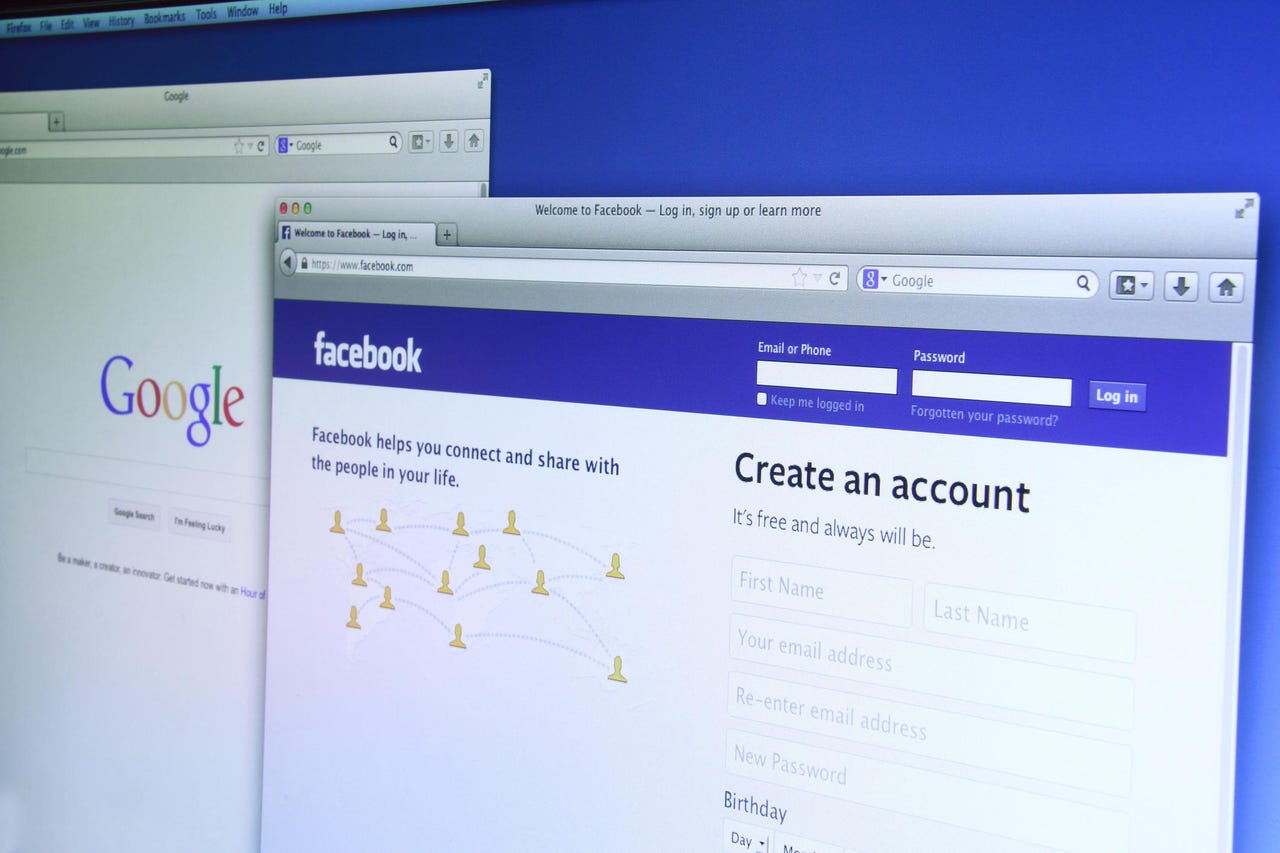Facebook vs. Google: Similar models, diverging perspectives


Facebook and Google share the same fundamental business model of charging companies for ads that can be highly targeted due to a wide range of behavioral and inferred consumer attributes. And yet, as I wrote two years ago, there is a wide gap between public perceptions of the two companies.
Certainly, part of this can be attributed to Google not succumbing to the range of scandals that have hounded Facebook since the 2017 Cambridge Analytica bombshell. Furthermore, Google's position is likely elevated in that many people don't closely identify it with YouTube, the part of Google's business that has most commonly grappled with disinformation issues. (Conversely, despite the recent experimental documentary work of Nick Bilton in HBO Max's Fake Famous, Instagram doesn't seem to share Facebook's negative reputation.)
But what if we were to wipe the slate clean for a moment and just judge the companies based on their reactions to two recent conflicts, the battle with the Australian government over forced negotiations with news publishers and the required opt-in to user tracking necessitated by Apple for app developers who want to use Apple's Identification for Advertisers (IDFA).
In the case of the Australian government, both Google and Facebook warned Australia's government of repercussions if the regulation prevailed, Google said it could turn off search in the country while Facebook said it might have to block news from appearing to Australians, including blocking the sharing of news. However, while Google never implemented its threat and came to an agreement with the government, Facebook pulled the trigger, cutting off Australians' access to news through its platform before coming to terms on publisher negotiations.
An even more dramatic contrast appeared in relation to the two companies' approach to IDFA. Both Facebook and Google have issued advisory statements to their advertisers about the impact of Apple's rule changes. However, Google has taken a pass, foregoing Apple's identifier. This demonstrates broad understanding since Apple controls iOS and its moves are only the latest in a trend toward limiting the invasiveness of advertising. These moves likely have a sympathetic regulatory ear as we hear more calls toward mandatory opt-in legislation. Indeed, Google is lumping iOS changes in with ones taking place on the web, where it is sunsetting the use of third-party cookie data. Its response, Privacy Sandbox, places more emphasis on companies' first-party data.
In contrast, despite a recent reassurance from Mark Zuckerberg about Facebook being able to withstand Apple's changes, the company has mounted a widespread advertising campaign protesting them, taking out ads in major newspapers and claiming that Apple's actions will harm small businesses. It's also produced a commercial asserting that "good ideas deserve to be found," which sounds as if it would take a more consumer-empowering tone, but is also about small businesses. Rumors swirl that the company is inching ever closer to suing Apple.
Why can Google appear to take such challenges to its businesses in stride while Facebook reacts to those same challenges as if they are existential threats? Part of it is due to the more secure position Google is in thanks to early bets that the company made. While Facebook has four juggernaut services in its namesake social network, Messenger, Instagram, and WhatsApp, Google's control of both Android and Chrome allows it to operate at a level below Facebook's apps. Facebook's worst nightmare would be Google getting as aggressive about opt-in tracking on those platforms as Apple is on iOS and Safari. Of course, Google is unlikely to do so as it profits mightily from consumers who default to opting in.
Nonetheless, the past few years have seen Google step up efforts to play a more central role in enterprises, especially in education where the collection of personal information can be a minefield. In leveraging Chromebooks and extensive group admin capabilities, the pandemic in many ways served as a gauntlet for what is becoming a formidable platform, one that takes on Microsoft more directly than it ever has. In Google's history of far-flung bets, these technologies may come to represent its future more than the ad-driven search business that has fueled its growth to date, but for which it is attracting regulatory scrutiny.
PREVIOUS AND RELATED COVERAGE
Facebook vs. Apple: Here's what you need to know about their privacy feud
A coming update to Apple's iOS will let you know if an app wants to track you. Facebook isn't a fan.
Google unveils new classroom tools as schools focus on remote learning
The search giant is introducing updates to its Google Classroom and Meet apps.
Google's three antitrust battles: Here's what you need to know
The DOJ's case against the search giant likely won't go to trial until late 2023.